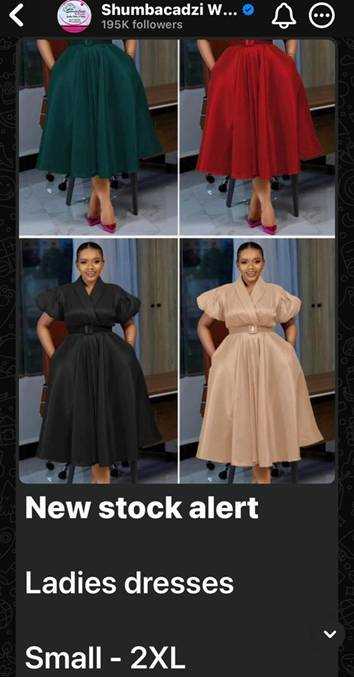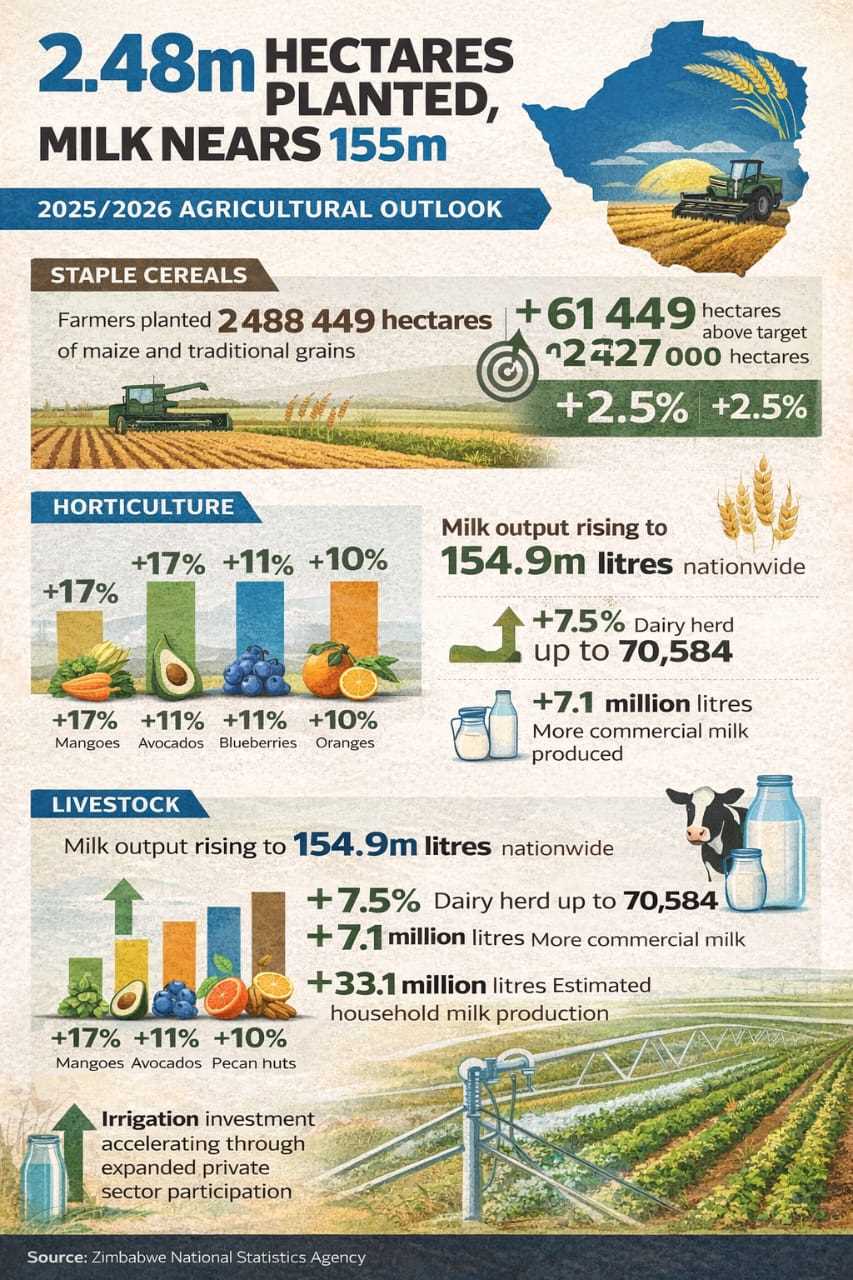
ZimNow nalysis Desk
If women sellers across Africa matched men’s sales volumes, the continent’s e-commerce market could grow by US $14.5 billion, according to the International Finance Corporation (IFC).
But impressive as it sounds, that estimate may be far too low—because it ignores where African women actually do business.
Across the continent, and especially in Zimbabwe, the busiest trading floors are not formal sites likeJumia or Takealot. They are WhatsApp broadcast lists, Facebook Marketplace pages, Instagram Stories, and TikTok clips that funnel buyers into DMs. This is the true marketplace powering daily survival, micro-enterprise, and even cross-border trade. Yet its scale remains invisible to researchers and policymakers.
Africa’s Missing Marketplace
The IFC report found that women make up a significant share of formal e-commerce sellers but earn less than men. Closing that gap, it argues, could stimulate billions in growth. What the report does not measure is the massive, informal digital economy operating outside official platforms—where African women are dominant.
In Zimbabwe, over 90% of mobile internet users are active on WhatsApp. For many women, that single app replaces an online store, a marketing department, a customer-service line, and a delivery-tracking system. A seller moving dresses from Mbare to Mutare doesn’t need a shopping cart plugin; she needs a data-light connection, a reliable contact list, and EcoCash, Innbucks, Omari, or other mobile wallets.
Because these trades rarely pass through formal e-commerce channels, they simply do not exist in datasets used to calculate Africa’s digital potential. The result: an apparent gender gap that may reflect measurement inefficiency, not performance failure.
The Hidden GDP of WhatsApp Commerce
The scale of Zimbabwe’s informal digital markets is staggering. A quick scroll through groups like Harare Deals, Cooking Queens, or Zim Hustlers reveals a sophisticated ecosystem of bulk grocery orders, furniture sales, catering, courier services, hair products, cosmetics, and tutoring. Other women operate niche communities built around personal brands—a Zimbabwean version of micro-influencer commerce.
These interactions generate income, employment, and supply-chain activity, yet they remain uncounted. If this sector were properly measured, women might already outnumber and outperform men in online commerce across several categories.
Related Stories
When Access Meets Ingenuity
Women sellers have adapted their businesses to the realities of Zimbabwe’s digital environment.
- WhatsApp bundles are cheaper and more widely used than general data.
- Trust networks replace expensive advertising.
- Community referrals and consistent service create brand loyalty.
- Logistics challenges are solved through flexible delivery riders and peer networks.
Rather than wait for formal platforms to mature, women have built their own decentralized, low-cost, highly responsive e-commerce system—one that global frameworks barely acknowledge.
Policy Catch-Up Required
The IFC’s recommendations on training, financing, and data are valuable, but they assume women operate—or should operate—on conventional platforms. Instead, the smarter starting point is to strengthen the systems that already work.
Policymakers should prioritize:
- Seamless mobile payment integration with social media selling.
- Microcredit, insurance, and working-capital tools tailored to social sellers.
- Verified vendor directories to enhance trust and scale.
- Affordable, business-use data bundles for WhatsApp and Facebook.
- National data collection frameworks that include informal digital trade.
Without this shift, future reports will continue to undervalue women’s economic contribution and design policies for markets that exist on paper but not in lived African experience.
Making Women’s Work Count
The US $14.5 billion figure is a useful starting point—but Africa’s real digital frontier lies where most women already trade: on social media.
For Zimbabwe, the challenge is not to import e-commerce models built for other economies but to professionalize, protect, and support the vibrant digital markets that women created themselves.
With the right tools and recognition, today’s invisible hustle could become one of Zimbabwe’s most dynamic growth engines.
After all, Zimbabwe’s biggest e-commerce platform is not a website. It’s WhatsApp.



















Leave Comments